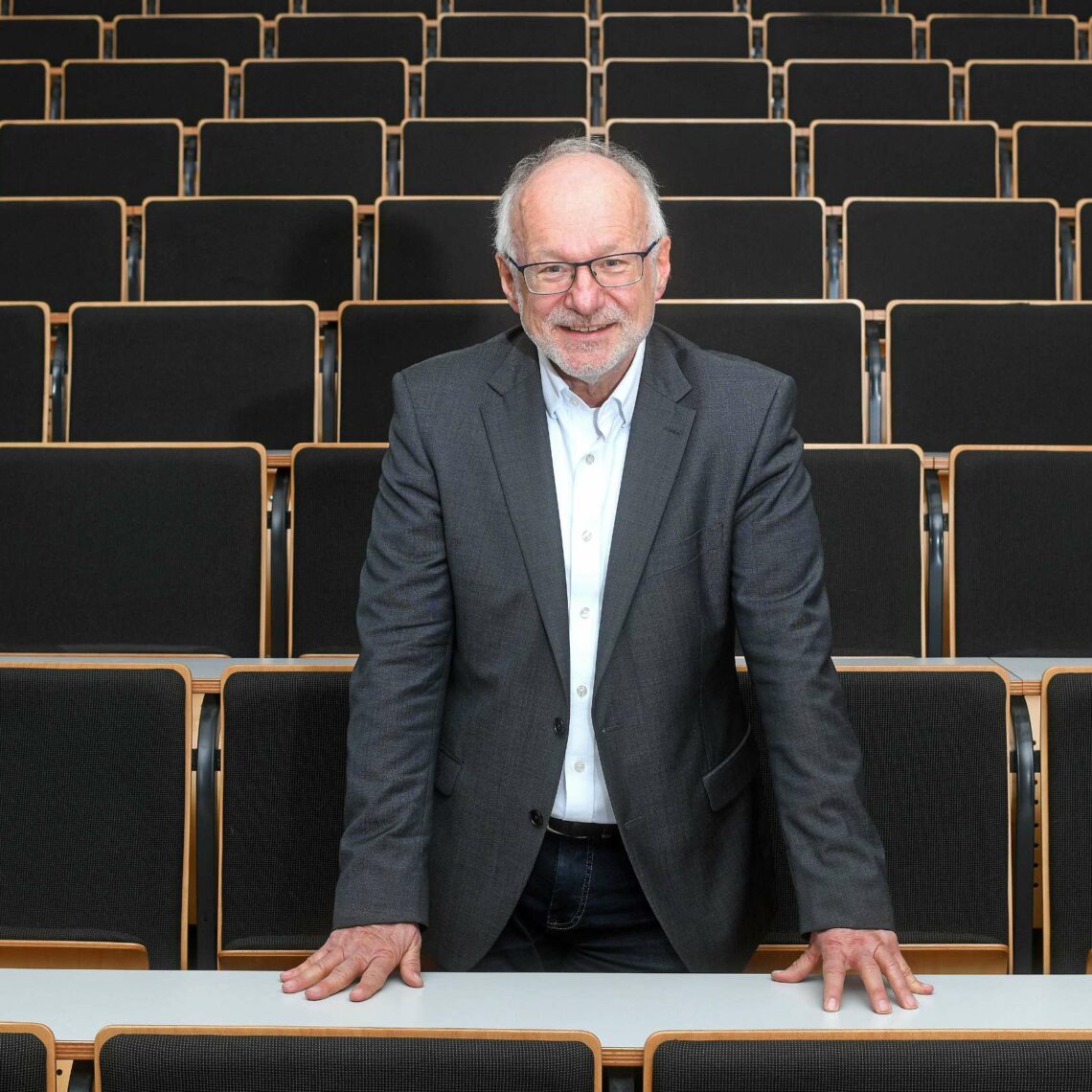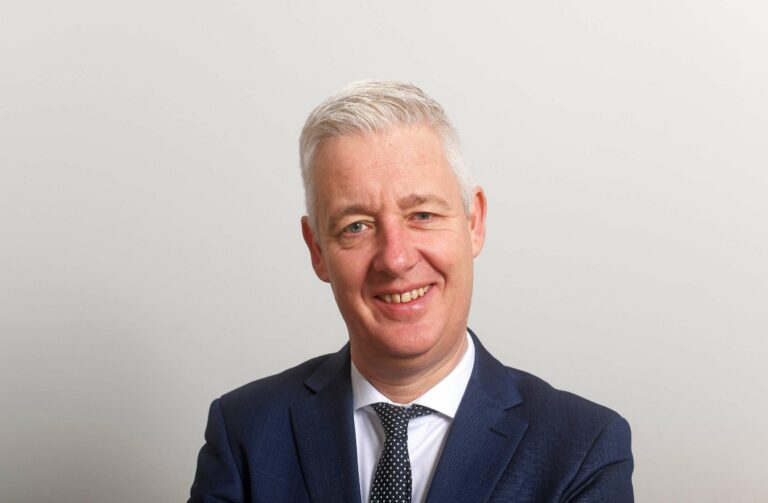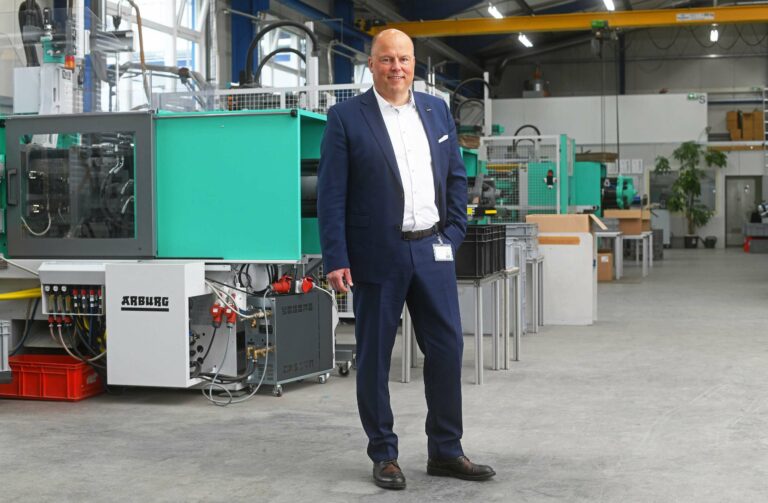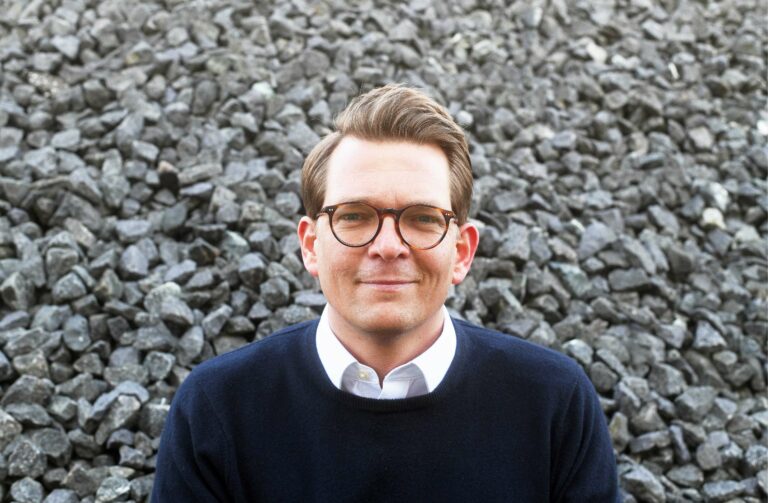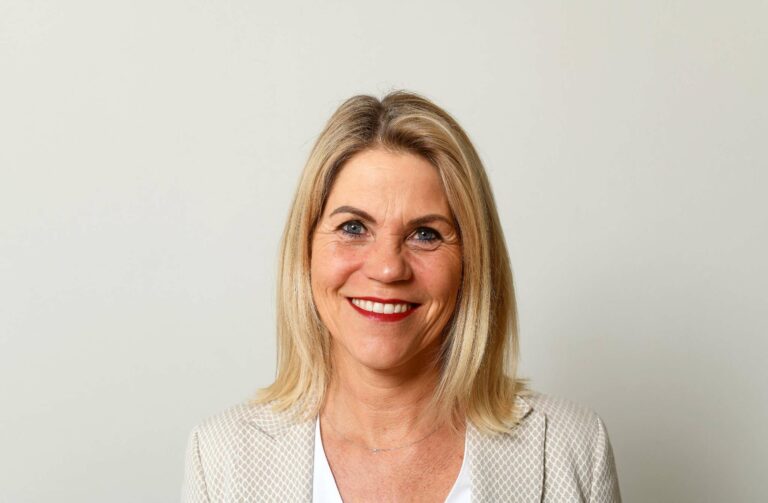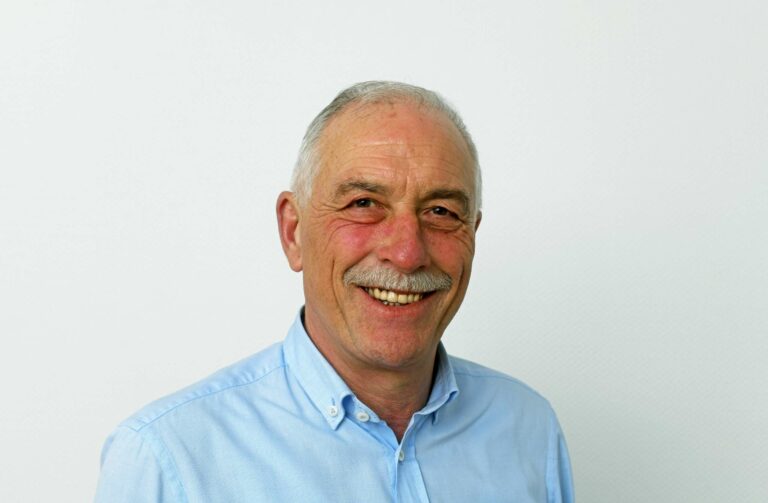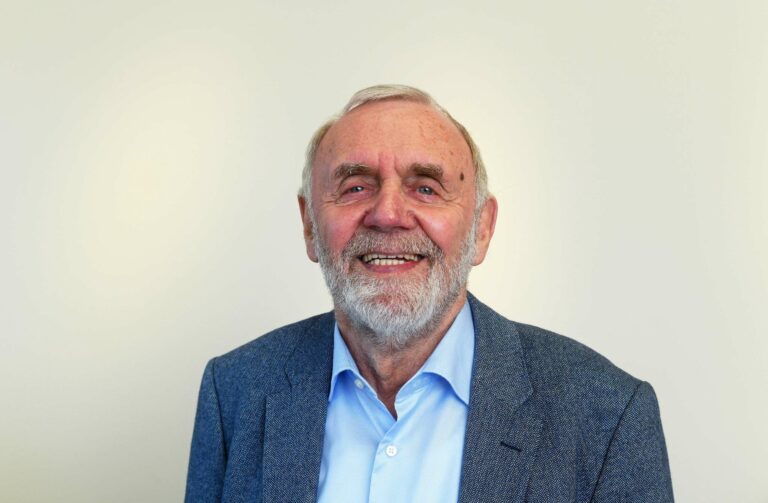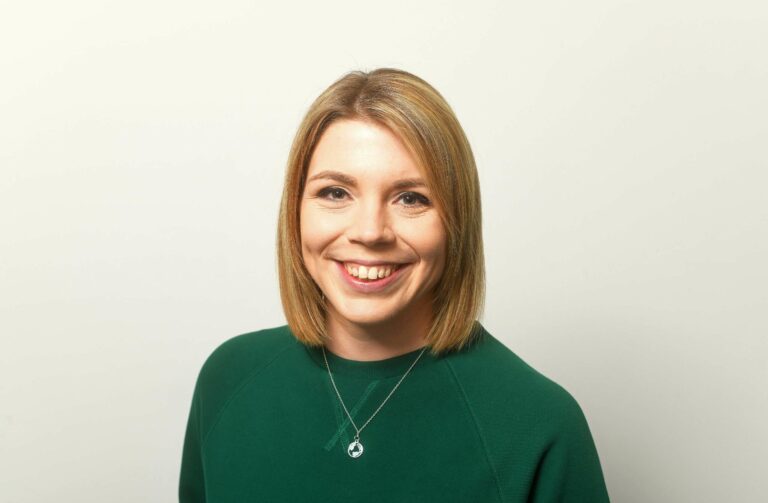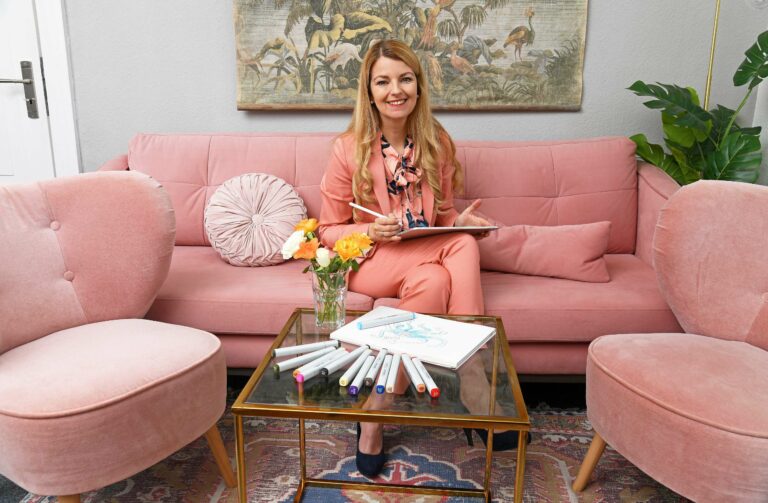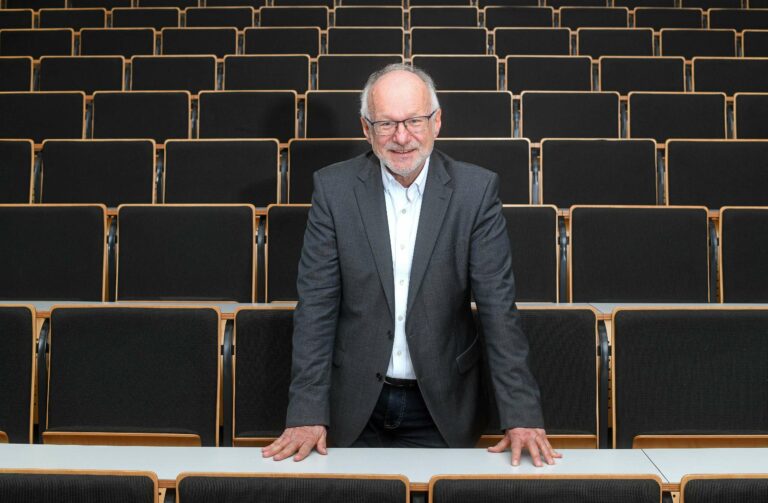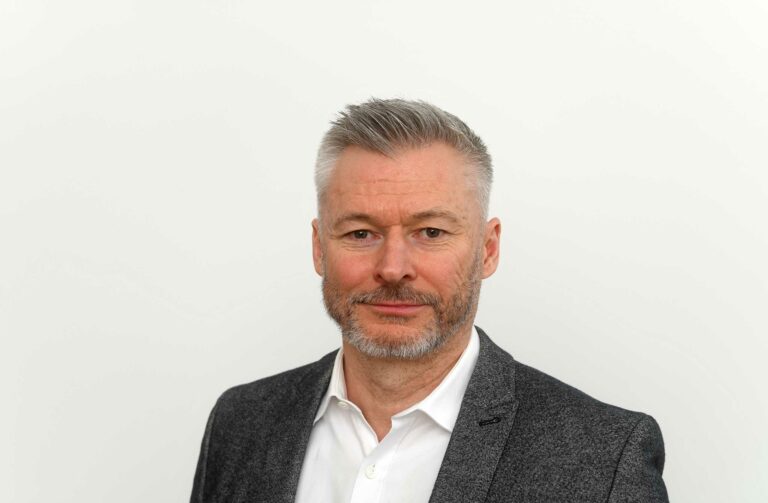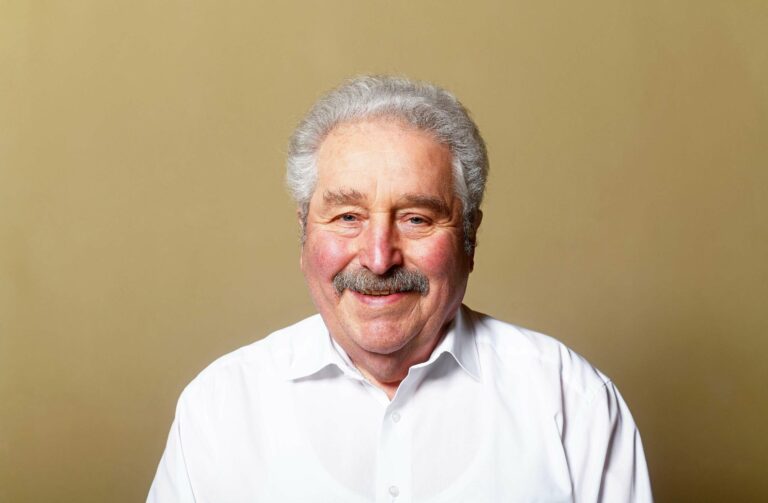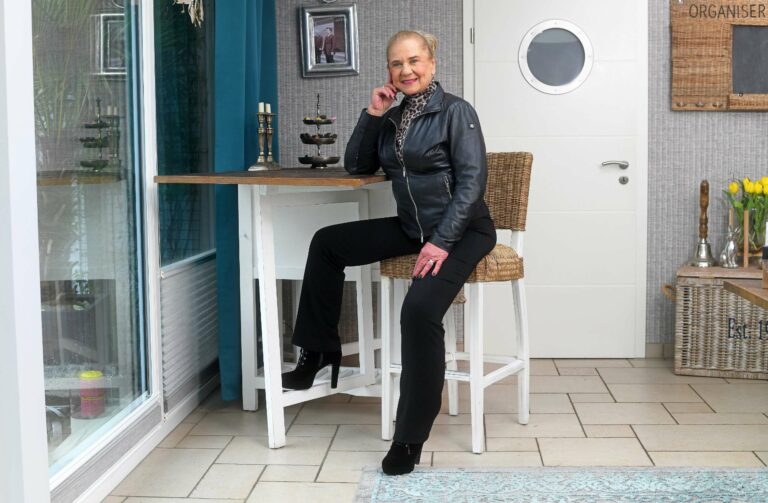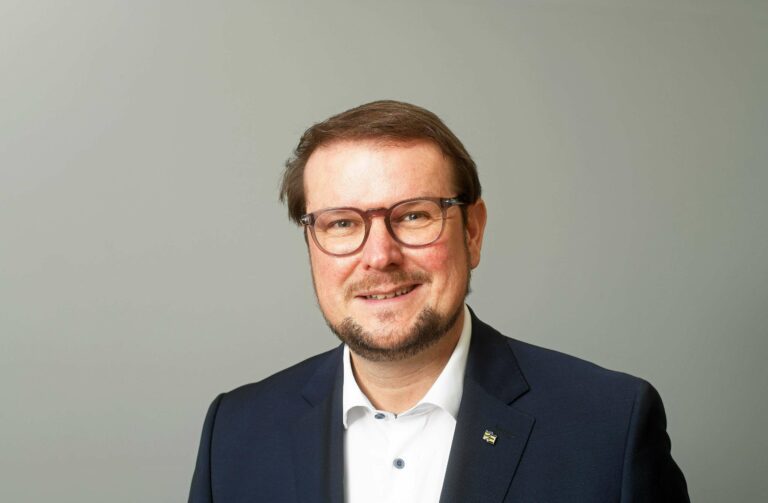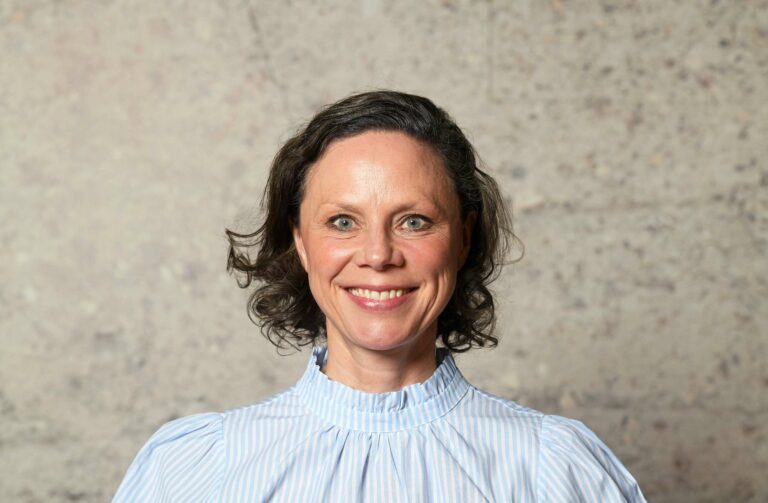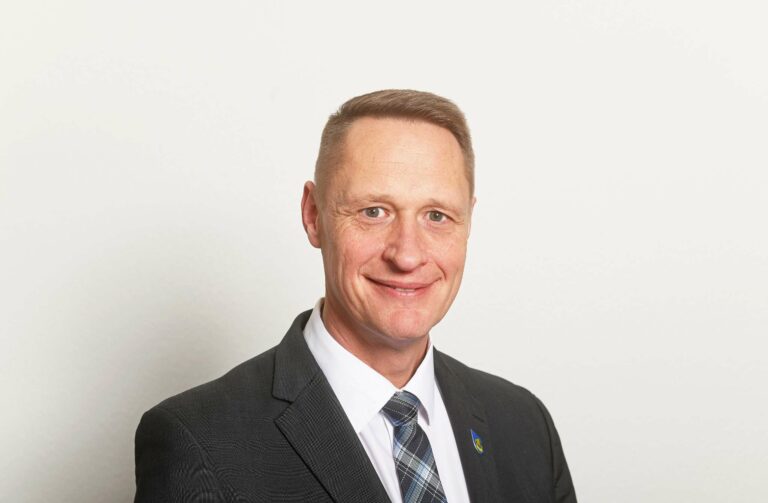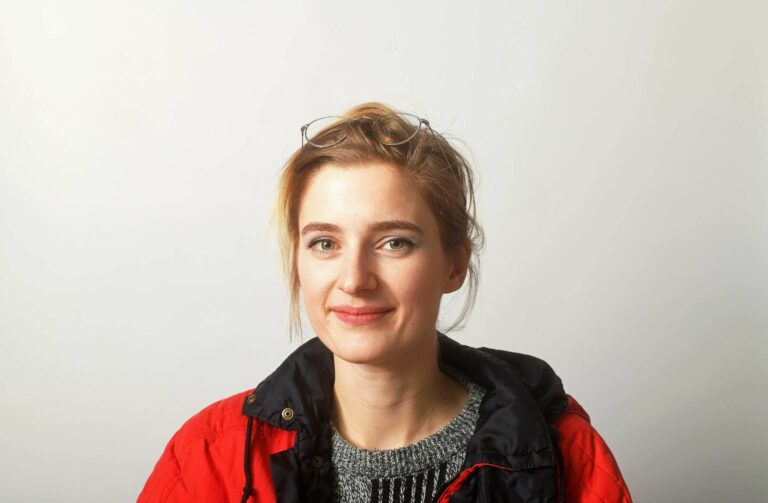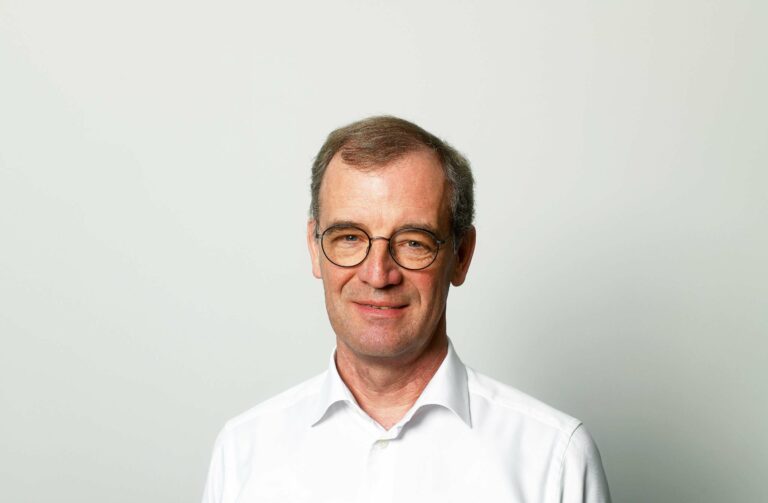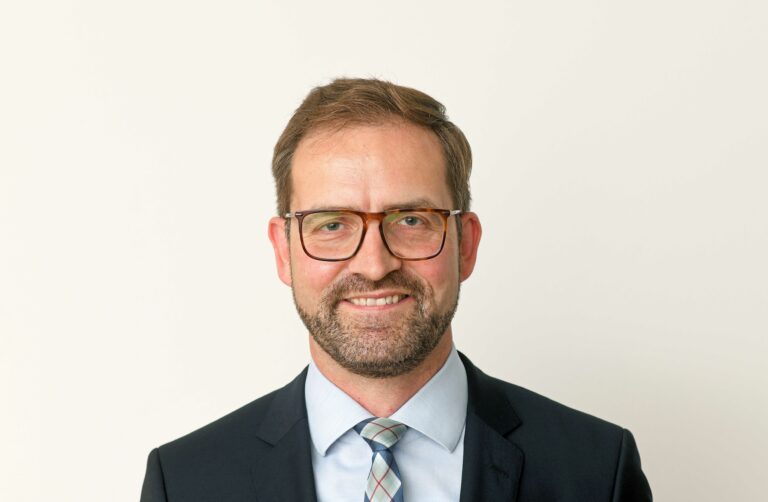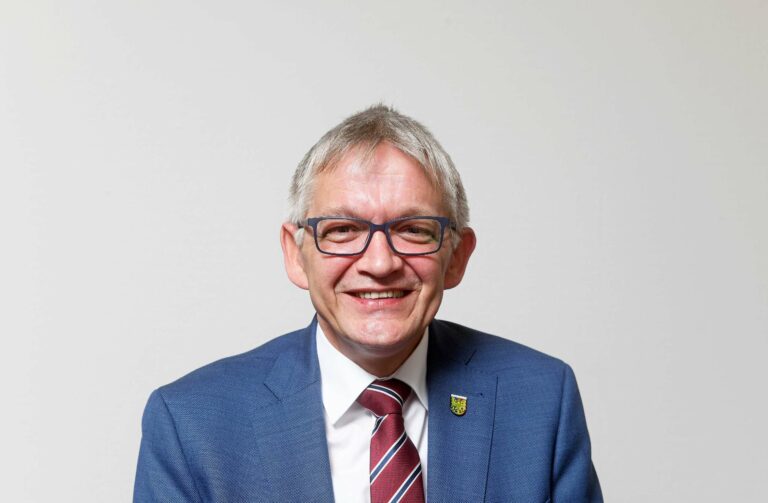“It was a time of radical change and I felt responsible.”
What is the role of universities in today’s world? Professor Dr Gerhard Kreutz, President of Emden/Leer University of Applied Sciences, sees it quite clearly: universities are the motor driving regional development and setting the pace. The physicist has been advocating close links between science and business for years.
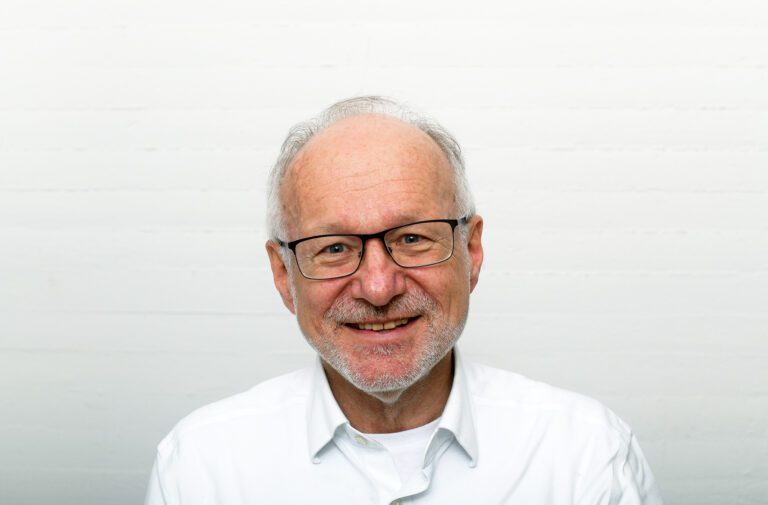
21 July 1969 is one of those dates that has become deeply engraved in the collective memory of mankind. It was Neil Armstrong’s and Buzz Aldrin’s big day. At 3:56 CET, they were the first two men on the moon, with the cautious steps of the two American astronauts being followed live on television by around 600 million viewers worldwide.
In Siegen in North Rhine-Westphalia, the 13-year-old Gerhard Kreutz also sat spellbound in front of the television screen. “My father woke me on time”, says the man who is today President of Emden/Leer University of Applied Sciences, recalling the historical moment that took place more than 50 years ago. Astronomy caught the boy’s attention. He devoured books on the subject, read and collected the weekly comics in the Perry Rhodan science fiction series. He knew early on that he wanted to be an astrophysicist.
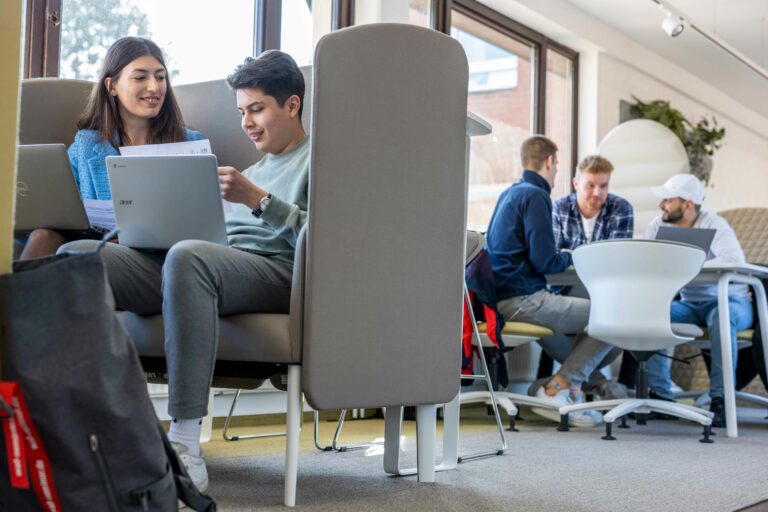
A foray into North Germany - with consequences
After passing the Abitur school-leaving examinations with an average grade of 2.1 at the top of his class, he started to study physics. He could do this from home, with was very practical. It was not until he came to do his PhD that he left the Siegerland, heading for the Deutsche Elektronen-Synchrotron DESY in Hamburg. His foray into North Germany left its mark, giving Kreutz his first taste of North Sea air. And it did him good, as we’ll see later on.
But first of all, he went back home. As from 1986, the graduate physicist worked in organisation and IT for a major mechanical engineering firm in Siegen and Düsseldorf. He stayed for ten years. “I was certainly no job hopper, but eventually the time came for a change.”
He felt drawn back to a university, preferably in North Germany. On being offered positions as professor in both Dortmund and Emden, the family council came together and soon decided for the town on the Dollart bay. “It was one of the best decisions of my life”, says Kreutz.
What he likes best is the size of Emden, in many respects. “Of course it’s not as big as Hamburg. But Emden still has the structures of a larger city while remaining manageable in size and familiar in mindset. People know each other and you soon know who you need to speak to for whatever.” What’s more, Kreutz adds, you’re always “close to the water”.
Responsible during the time of radical change
Aged 40 at the time, in 1996 Kreutz took up a position as professor for computer networks at what in those days was still called the Technical College Ostfriesland. For the time being, that was all he wanted: “I never looked for a career in university administration.” But this was exactly where he landed just three years later: Kreutz became the first Dean of the department for electrical engineering and computer science, subsequently of the technical department, and finally Vice President for research and technology transfer from 2009. Following the resignation of the acting President at the time, in 2011 he was appointed as the successor by the Minister for Science.
“It was a time of radical change and I felt responsible,” says Gerhard Kreutz in explaining why he was willing to take on the office. Actually, it is only since 2009 that Emden/Leer University of Applied Sciences has existed under this name. It emerged after a more than tough defusion process from the Technical College Oldenburg/Ostfriesland/Wilhelmshaven that had been founded at the turn of the millennium.
Right at the start, the president of the new university sees one of his most important tasks in getting established as the “University of Ostfriesland” with a future-oriented profile as soon as possible, in order to gain its own independent identity. “Our aim was and is to promote the region and give it a strong base in competition with areas”, says Kreutz. “And we can only do that by offering young people prospects to stay here.” Otherwise it will be difficult to keep the well-trained skilled youngsters in the region.
Recognising and using the chances of change
This challenge is fairly typical for predominantly rural regions with structural change right at the top of their agenda. Even so, says Kreutz, the situation in Ostfriesland is not the same as elsewhere: “We don’t have the problem of individual dominating industries falling away, nor do we have to say farewell to a traditional technology. Instead, the focus in our region is on fostering the innovative further development of existing focal aspects of the economy.” Nearly all big companies are affected. “The VW car plant in Emden is being converted to electromobility. The wind energy sector is going through restructuring after the crisis, and the cruise industry is having to come up with new concepts. Furthermore, the region needs new, innovative companies.”
Although there are stumbling blocks here and there in the transformation process, there are also many opportunities. These have to be recognised and put to good use, particularly now in the age of digitalisation, which makes many processes much easier.
The university sees itself in the central role of being a driving force in the necessary development steps, acting as the engine that provides the power and sets the pace for the region. Kreutz: “We understand our function as supplying the ideas and generating the pulses, and see it as our responsibility to provide the concepts and strategies for innovation.” One example here is the initiative “Greentech Ostfriesland”“. The aim is to give the region an eye-catching, tailor-made byword that as many partners as possible can identify with.
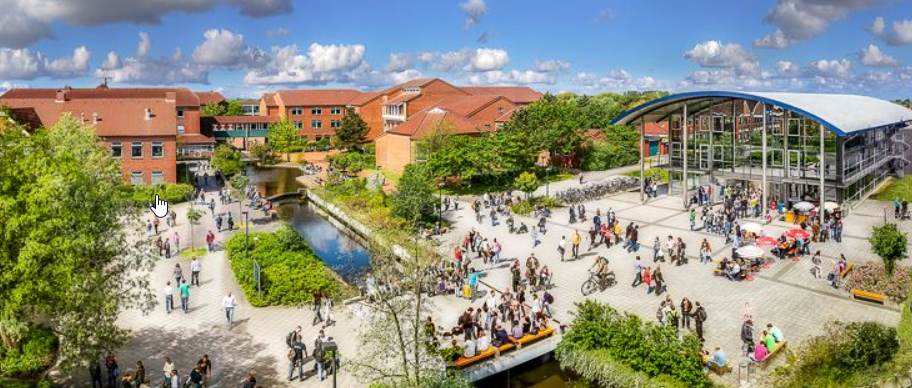
Science and business hand in hand
As initiator, Kreutz is proud to give an initial assessment: “Up to now, around 80 companies and local authorities have come on board.“ It also helps that flying the flag for transfer between science and business has already been the university’s aim for years.
Back in 2013, the President gave an interview in which he informed the entrepreneurs that they could expect “a broad range of possible solutions for many different problems”. The companies also appreciate the frequently project-based approach to cooperation. Feedback from the boardrooms is definitely positive. The opportunity for sharing in this way is definitely a win-win situation for all stakeholders.
As for himself, Gerhard Kreutz admits quite candidly that he has gone from being passionate about technology (the moon landing) to someone who asks the critical questions. “We mustn’t lose sight of the consequences of technical developments. Instead, they have to play a constant role in all our considerations”, he says today, putting his aspiration into words. One crucial experience for him was reading the report “The Limits to Growth” published in 1972 by the Club of Rome. “A lot of what we say today in the context of sustainability was already dealt with in detail back then.”
Optimism instead of cultural pessimism
Gerhard Kreutz has understood how important it is to keep his eyes on the big picture in the everyday life of the university, despite all the burdens. Profile building and structural change, digitalisation and sustainability – these things all come together for the man who considers himself at home in Emden (“We’re not moving away from here!”).
He sees nothing to be gained from the currently prevailing pervasive cultural pessimism, but remains fundamentally optimistic. Also and particularly for Ostfriesland. Things are well on track. “The ideas that we’ve developed in recent years and that are now achieving a certain maturity give us confidence when we look to the future”, he affirms, and continues: “A whole number of projects originating from the region have the potential of drawing attention on a national scale, showing the rest of the country that those of us in the top left-hand corner of the map of Germany have understood what it’s all about.“

